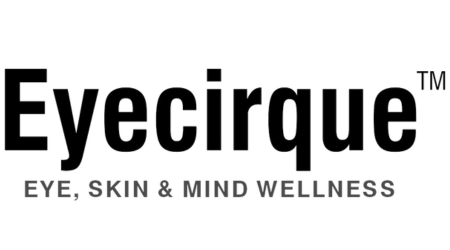When air pollution levels are severe, a thick layer of air called ‘smog’ develops close to the ground. Air that is of poor quality (falling in Air Quality Index (AQI) from ‘unhealthy’ to ‘very unhealthy’ to ‘hazardous’ categories) contains harmful gases and coarse dust particles, which cause an increase in complaints of red, watery, dry eyes, as well as other eye allergies. The most frequently reported issue due to air pollution is blurred vision.
Here is how you can protect your eyes from pollution and reduce the risk of infections:
Stay hydrated
Like the rest of your body, your eyes need water to be healthy. It washes away the toxins and irritants as well as helps support tear formation in the eyes, which is an important function that ack of tear production is a sign of dry eye syndrome.
Blink your eyes more often
One of the simplest ways you can undo the damage done by pollution is by blinking your eyes properly. When you blink, a special protective tear film is produced which protects your eyes, provides moisture and does not let the pollutants settle in.
Use eye drops
The layer of moisture present against our cornea helps prevent our eye against dryness, itchiness, infectious germs, and harmful pollutants. Lubricate your eyes with eye drops. Choose preservative-free eye drops from a trusted brand, which is designed to fight the sensation of dryness, discomfort and irritation of eyes due to contact lens wear, prolonged exposure to computer/LED screens, air-conditioning, dust, pollution, smoke, and sunlight. Lubricating the eye 2-3 times a day also helps in relaxing the eye muscles.
Eat a healthy diet
Include eye-healthy foods to your diet. Your daily food intake should include enough green leafy vegetables, carrots, sweet potato, spinach, almonds, walnuts, berries, eggs, and fish.
Lessen the screen time
Avoid long screen hours which can cause dry eyes. Reducing your screen time can reduce redness and burning sensation in eyes. Take this time to provide as much rest and nourishment to your eyes as possible to heal.
Practice good hygiene
Make it a point to practice good hygiene. Wash your hands frequently and avoiding touching your eyes. Also, never rub our eyes under the influence of that sensation. Rubbing the eye can further enhance the irritation and cause a burning sensation to the eye. A general cool compressor such as a clean cloth soaked in cold water comes handy when you need to get rid of the itchiness and inflammation of the eye.
Last but not least, stay inside on days there is a public health alert due to pollution, especially in the early morning hours when pollution levels are at their highest. IN case you cannot avoid exposure to the environment and have to step out, make sure you wear good quality protective glasses to shield and block smoke, dirt, and debris from going into the eyes.

